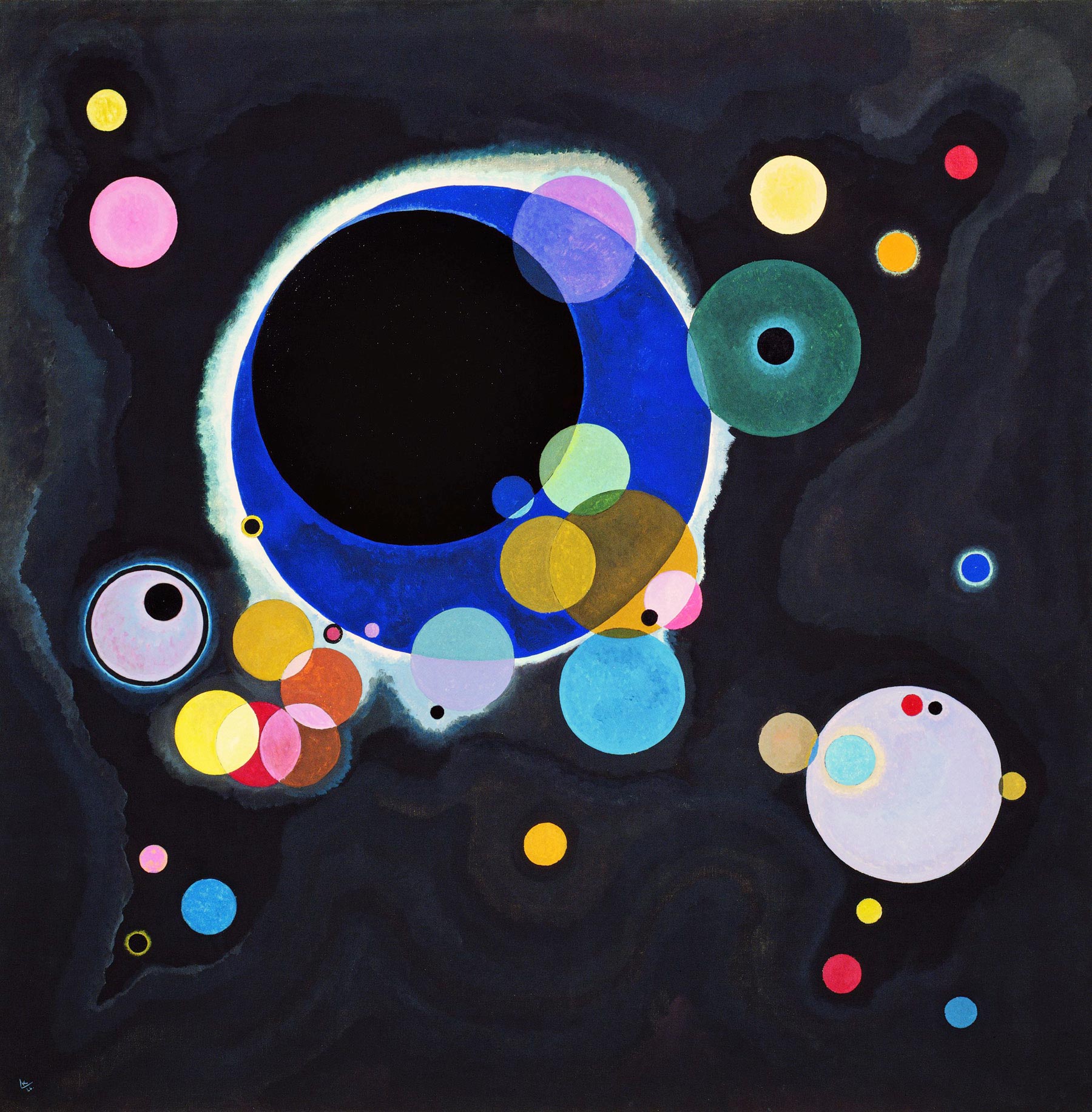
The Enduring Legacy of Oil Paint: From Ancient Techniques to Modern Masterpieces
Oil paint, a medium that has captivated artists for centuries, continues to be a cornerstone of the art world. Its rich history, versatility, and enduring quality make it a favorite among both professional artists and hobbyists alike. But what is the story behind this beloved medium, and why does it remain so popular?

A Journey Through Time
The origins of oil paint are shrouded in mystery. While it was long believed that Jan van Eyck, the 15th-century Flemish master, invented the medium, modern research has revealed a much older lineage. Evidence of oil paint usage dates back to the 5th century BC in the East, with European monks adopting it as early as the 12th century. The true inventor remains unknown, but the medium's impact on art history is undeniable.
The Science of Color
At its core, oil paint is a mixture of pigments suspended in oil. Traditionally, linseed oil has been the binder of choice, though alternatives like walnut, poppy, and safflower oils are also used, especially for lighter colors to prevent yellowing. The pigments themselves have evolved over time, from natural sources like plants, minerals, and even insects, to modern synthetic options that offer a broader and more stable color palette.
Versatility in Application
One of oil paint's greatest strengths is its versatility. It can be applied to various surfaces, including canvas, wood, and even metal. Artists appreciate its slow drying time, which allows for blending and reworking over extended periods. The paint's consistency can be adjusted from thin glazes to thick impasto, enabling a wide range of textures and effects.
Techniques and Innovations
Over the centuries, artists have developed numerous techniques to exploit oil paint's unique properties. The Old Masters perfected glazing techniques to create luminous effects, while later artists like Van Gogh used thick, expressive brushstrokes to add texture and emotion to their works. Modern artists continue to push the boundaries, incorporating new materials and methods to create innovative artworks.
Preservation and Longevity
Oil paintings are renowned for their durability. When properly executed and cared for, oil paintings can last for centuries, retaining their vibrancy and detail. This longevity has allowed us to preserve and study masterpieces from throughout history, providing invaluable insights into past cultures and artistic movements.
The Modern Oil Painting Landscape
Today, oil paint remains a staple in art studios worldwide. While traditional techniques are still practiced and revered, contemporary artists are also exploring new ways to use the medium. From hyper-realistic portraits to abstract expressionist works, oil paint continues to be a versatile tool for artistic expression.
Accessibility and Education
The democratization of art materials has made oil painting more accessible than ever. High-quality paints and supplies are widely available, and numerous educational resources, both online and offline, help aspiring artists master the medium. This accessibility ensures that the tradition of oil painting will continue to thrive and evolve.
Environmental Considerations
As environmental awareness grows, the art world is also adapting. Many manufacturers now offer eco-friendly oil paints, using sustainable ingredients and packaging. Artists are increasingly mindful of their environmental impact, exploring ways to create beautiful works while minimizing harm to the planet.
In conclusion, oil paint's journey from ancient workshops to modern studios is a testament to its enduring appeal. Its rich history, versatility, and capacity for innovation continue to inspire artists around the world. As we look to the future, oil paint remains not just a link to our artistic heritage but a vibrant, evolving medium capable of expressing the full spectrum of human creativity.


